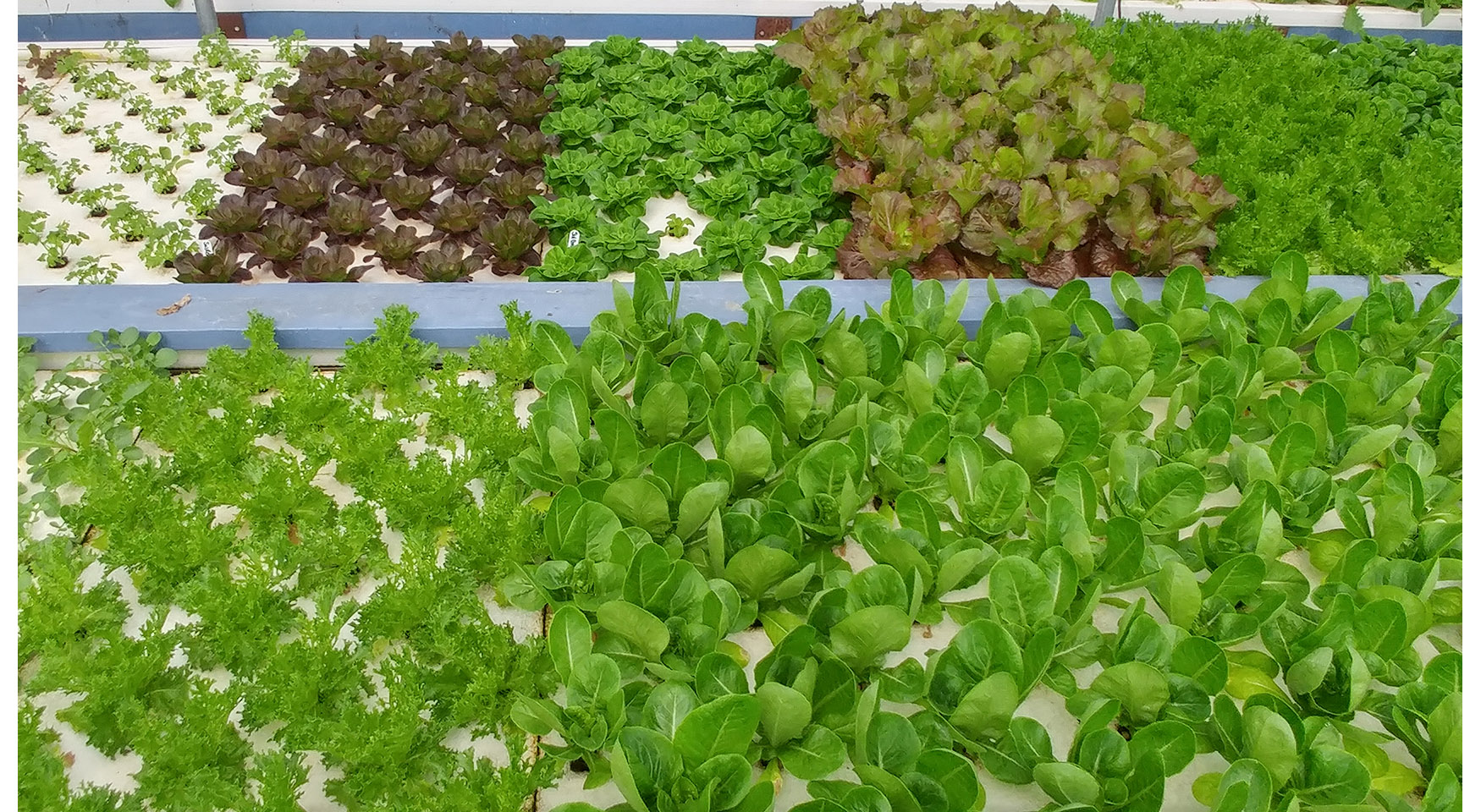Local Food and Wine Production Systems – Undergraduate Degree

Texas Tech offers a Bachelor of Science in Plant and Soil Science with a concentration in Local Food and Wine Production Systems. This curriculum provides a comprehensive education in the principles and practices of small-scale commercial production of fruits and vegetables for local markets, and an introduction to grape and wine production. The program emphasizes sustainable production practices and introduces students to permaculture and organic production practices. Nine courses comprise the required core, and elective courses offer additional learning opportunities in related topics. Additionally, a professional internship is required, and PSS faculty assist with arrangements among our extensive connections in the industry. Scholarships are available specifically for students pursuing this degree concentration in Fredericksburg. This degree program is offered on the TTU campus in Lubbock and at the TTU regional teaching site in Fredericksburg.
Local Food & Wine Production Systems Degree Plan
| Concentration Required Courses (30 hours) | |
|---|---|
| PSS 1311 The Science of Wine | Introduction to the history of winemaking and application of biology, chemistry, and technology to modern grape and wine production. |
| PSS 3310 Viticulture I: Principles of Viticulture | Introduction to grapevine history, biology, physiology, and principles and practices of vineyard management. |
| PSS 3311 Sustainable Vegetable Crop Production | Study of principles and practices of sustainable vegetable production methods used by commercial growers. Focus will be on planning, production, and marketing of major vegetable crops within Texas. Production systems suited to small acreage and urban agriculture will be emphasized. |
| PSS 3312 Sustainable Fruit and Nut Crop Production | Introduction to the principles and practices of sustainable production of temperate tree fruits, berry crops, and nuts. Production systems suited to small acreage and urban agriculture will be emphasized. |
| PSS 3414 Permaculture | Introduction to the principles and practices of permaculture. Course content includes history, ethics, principles, design process, practical applications, and case studies. |
| PSS 4000 Internship | A supervised study course providing in-service training and practice in a commercial vineyard or winery. |
| PSS 4323 Organic Crop Production Systems | Principles and practices of organic farming systems including management of inputs and technology for different ecosystems that promotes local food security, environment and economic growth. |
| PSS 4325 Crop Water Management | Evaluation of the primary irrigation systems used in crop production, soil-plant interactions affecting water supply, and methods of monitoring soil and plant water status. |
| PSS 4335 Soil Fertility and Nutrient Management | Nutrient availability as influenced by soil properties, modern methods of nutrient management, and tools for maximizing nutrient use efficiency. |
| RHIM 2210 Hospitality Industry Survey | Analyzes the nature of work, people, and the interrelationships within the hospitality industry. Explores various career options. |
| Concentration Elective Courses (11-13 hours) | |
|---|---|
| PSS 2310 Floral Design | Floral design as a commercial enterprise. Emphasis on principles of floral design, patterns of arrangement, and elements of color composition. |
| PSS 2114 Wine Production Lab | An overview of wine production technical laboratory aspects with an emphasis on pre-fermentation processes, options and strategies, and fermentation management. |
| PSS 2314 Wine Production | An overview of wine production technical aspects with an emphasis on pre-fermentation processes, options and strategies, and fermentation management. |
| PSS 3321 Forage and Pasture Crops | The production and use of forage and pasture crops. |
| PSS 4001 Problems | An assigned problem and individual instruction in a specific area of Plant Science. |
| PSS 4301 Agricultural Compounds | Nature, mode of action, and uses of insecticides, fungicides, herbicides, and other pesticides. |
| PSS 4305 Integrated Pest Management | The principles and practices of integration of all available control strategies in the management of arthropod pest populations. |
| PSS 4310 Viticulture II: Grape Production | Advanced studies of grape production and management practices in commercial vineyards. |
| PSS 4311 Wines of the World | Introduction to wines of the world through learning materials and sensory evaluation of regional wines. The content and the exam for Wine and Spirits Educational Trust (WSET) Level 1 Award in Wine is a required component of this course. |
| PSS 4314 Management of Horticulture Enterprises | The principles of management, marketing, and distribution for retail horticulture establishments. |
| PSS 4411 Controlled Environment Crop Production | Construction, operation, and horticultural plant production in greenhouses and other controlled environment structures. Heating, cooling, growing media, pest management, nutrition, fertility, growth regulation, irrigation, post-harvest handling, marketing of greenhouse crops. |
| PSS 4425 Introductory Plant Pathology | Identification and management of diseases of agricultural and horticultural plants. Diagnostic methods used to identify basic plant pathogens. |
| RHIM 4340 Wine Marketing | Analyzes the concepts of marketing as related to the wine industry. Students will develop a marketing plan for a winery. |
| RHIM 4350 Wine Tourism | Examines the business of wine with specific focus on wine tourism. Addresses global tourism and local economic impact of the wine industry. |
Local Food and Wine Scholarships
Texas Center for Wine and Culinary Arts Scholarship (Fredericksburg students only)
2018 awards: 2 students, $1,000 each
To understand when certain courses are offered, visit our Course Rotations page.
For descriptions of our classes, see the course catalog: TTU Course Catalog
Interested in taking the next step? How to apply
Questions?
Our Undergraduate Student Advisor is
Dr. Alicia Thomas
Assistant Professor of Practice
Alicia.Thomas@ttu.edu
(806) 834-2361
Bayer Plant Science, Room 114D
While every effort has been made to ensure accuracy in reporting courses, policies, and other statements, the University reserves the right to make changes at any time without notice.
Department of Plant and Soil Science
-
Address
Texas Tech University, Department of Plant and Soil Science, Box 42122, Lubbock, TX 79409 -
Phone
806.742.2838 -
Email
plantsoilscience@ttu.edu
